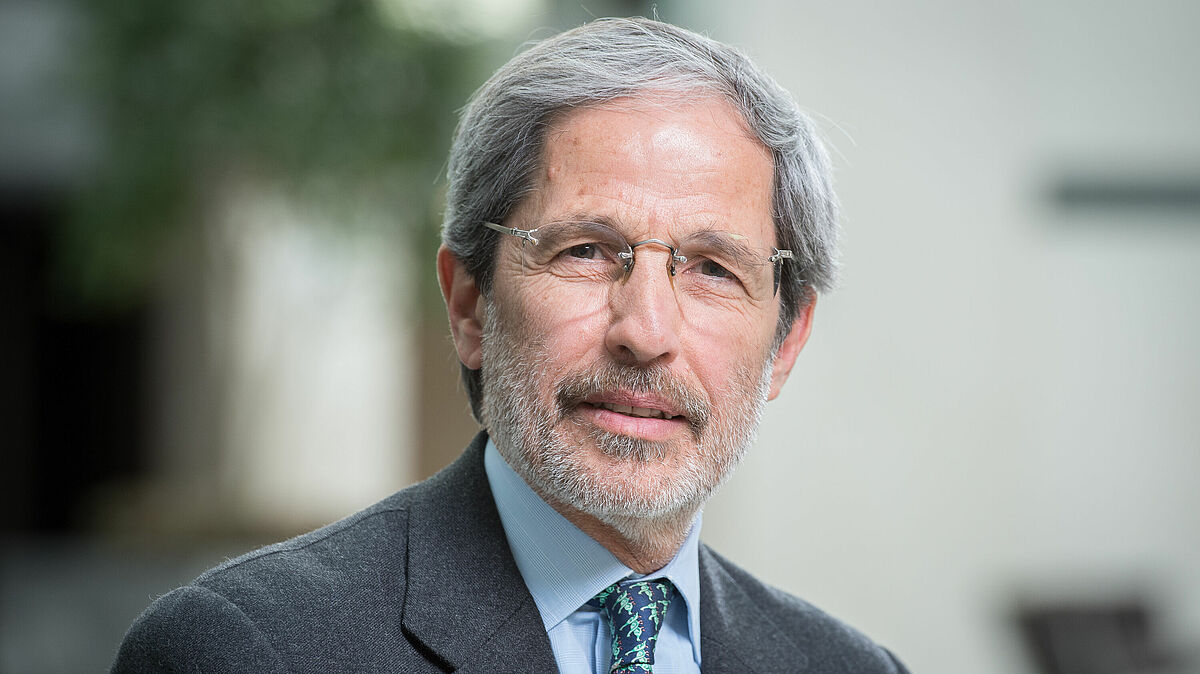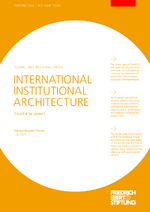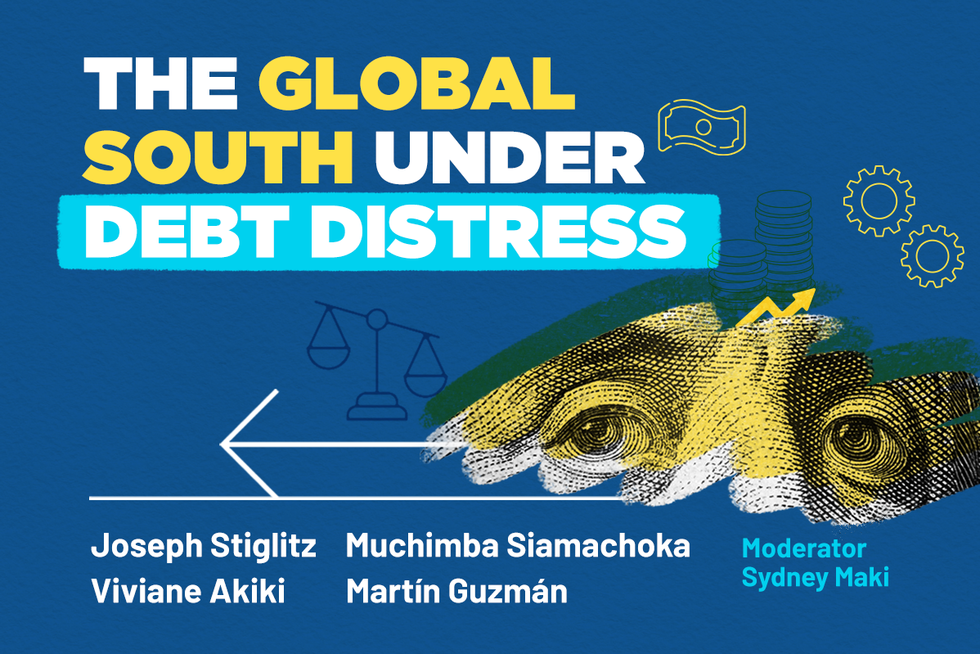A "Grand Bargain" for IMF/WTO Reform

A global firestorm of national security concerns is reshaping the international order to one in which deals are replacing the multilaterally agreed rules that have allowed the world to prosper in relative peace. A new paper by Héctor Torres aims to prompt a debate on how the G-20 could address this crisis by improving representation and working practices in the International Monetary Fund (IMF) and World Trade Organization (WTO).
Currently a senior fellow at the Centre for International Governance Innovation (CIGI), Torres was formerly an Executive Director at the IMF, and he also held senior positions at the WTO—including on the Task Force on Financial Crisis—so his perspectives on global governance come from the "belly of the beast".
The paper argues that restoring confidence in economic interdependence will require simultaneous, balanced and incremental reforms in the WTO and the IMF, two key pillars of the international institutional architecture. Can this architecture be saved? Torres' paper provides a compelling perspective on just how it can.
Torres, Héctor Rogelio
International institutional architecture
NewYork, 2020
Download publication (1,5 MB PDF-File)





